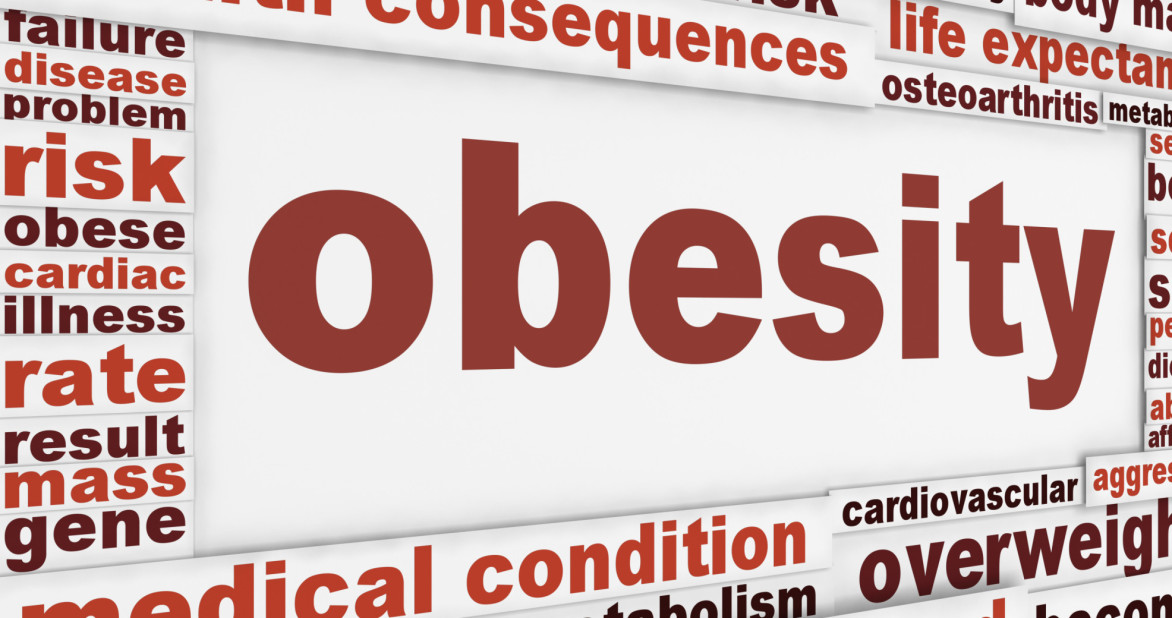Vital behavioral change in fighting obesity

Vital behavioral change in fighting obesity for a healthy living
Vital behavioral change in fighting obesity: Evaluate your behavior and progress
The journey of losing weight can be long or even shorter depending on your levels of commitment to the bigger objective. Many have started with high expectations hoping for an instant result but that is not how things work. There are vital behavioral changes that will be undertaken to have this successfully done. And so just as keeping a food diary can be helpful at the beginning of a weight loss program it can be useful as a way to monitor your eating during your weight loss. Professionally doctor Akoury advice that you can use the same diary to keep a track of your physical activity levels as well. It is also important to weigh yourself regularly to monitor your progress. Once weekly is recommended. While doing all this, be careful not to be discouraged by minor weight increases or leveling off for a few days instead focus on the overall trend over several months.
Vital behavioral change in fighting obesity: Keeping the weight off
Many people lose weight but at the end of their diet, the weight goes back on. The main reason this happens is because their weight-reducing diet was only a temporary change to their unhealthy diet and lifestyle. To keep your weight off, it is important that you make permanent changes. This usually means:
- Keeping to a healthy diet.
- Exercising regularly.
- A change for the whole household. It is difficult for one member of a household to shop and eat differently to the rest. It is best that the whole household should eat a healthy diet.
It does not mean less enjoyment of food. However, it may take a while to learn to enjoy different foods, meals, and recipes. Some people need more support to keep to their new weight than when they were actually dieting and losing weight. A local support group may be able to help.
Vital behavioral change in fighting obesity: Prevention of overweight and obesity
You can help to prevent becoming overweight or obese by:
- Following the healthy eating guidelines prescribed above.
- Doing 150 minutes of physical activity according to the above prescription.
- Spending less time being sedentary (for example, less time in front of your computer or watching TV).
- Weighing yourself from time to time so that you become more aware of your weight and you can do something about your weight if you start to put some on.
- Encouraging a healthy lifestyle for your whole family.
Finally for you to remain focus on all this, you will need the professional guidance to keep you on track from time to time and that is why doctor Akoury established this health facility to help in the transformation of each individual’s life through increasing awareness about health and wellness and by empowering individuals to find their own inner healing power. And alongside that, doctor Akoury’s practice focuses on personalized medicine through healthy lifestyle choices that deal with primary prevention and underlying causes instead of patching up symptoms making her one of the best professionals you can reach out for on telephone number 843 213 1480 for all your weight loss concerns.
Vital behavioral change in fighting obesity: Evaluate your behavior and progress
http://www.integrativeaddictionconference.com/wp-admin









